Sanctions on Russia will benefit China - Koon Yew Yin
Koon Yew Yin
Publish date: Sun, 13 Mar 2022, 05:32 PM
Since Russia invaded Ukraine, Canada, the European Union, Japan, New Zealand, Taiwan, the United Kingdom, and the United States unveiled a series of sanctions against Russia targeting banks, oil refineries, and military exports.
The United States is poised to unleash a wider array of sanctions against Russia if Moscow escalates the conflict in Ukraine, denying key Russian financial institutions and companies access to U.S. dollar transactions and global markets for trade, energy exports and financing. As a result, the Russian Roble has dropped to a ridiculous level as shown on the US$ exchange rate chart below.
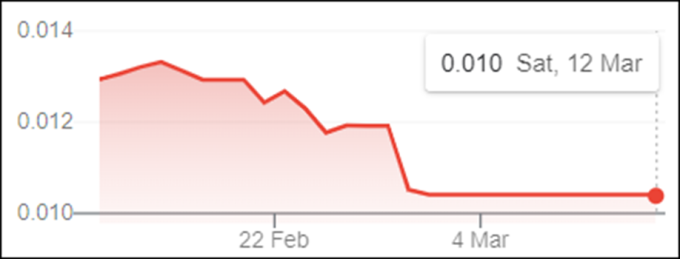
Russia’s largest income is from oil export. Russia cannot export its oil and has to depend on China. China is the 2nd largest user of oil and the largest importer of oil in the world.
Russian producer Surgutneftegaz (SNGS.MM) has allowed Chinese buyers to receive oil without providing guarantees known as letters of credit (LC) in order to bypass Western sanctions. The change in terms is allowing Surgutneftegaz to continue to sell ESPO Blend crude from the port of Kozmino in Russia's Far East to China, the world's top oil importer. Russian ESPO crude exports, at 754,000 barrels per day, provide China's biggest source of spot crude.
Following Russia's invasion of Ukraine that began on Feb. 24, oil prices have risen to 14-year highs on global markets. Russia is the world's top exporter of crude and oil products combined.
Western sanctions in response to the invasion, which Russia describes as a "special military operation", have led banks to halt the issuance of LCs for all oil that originates from Russia.
China has repeatedly voiced opposition to the sanctions, calling them ineffective and insisting it will maintain normal economic and trade exchanges with Russia. China will not join in sanctions on Russia that have been led by the West, the country's banking regulator said on Wednesday, adding that he believed the impact of the measures on China would be limited.
“As far as financial sanctions are concerned, we do not approve of these, especially the unilaterally launched sanctions because they do not work well and have no legal grounds," Guo Shuqing, chairman of the China Banking and Insurance Regulatory Commission, told a news conference.
"We will not participate in such sanctions. We will continue to maintain normal economic and trade exchanges with relevant parties," he said.
China and Russia have grown increasingly close in recent years, including as trading partners. Total trade between the two jumped 35.9% last year to a record $146.9 billion, according to Chinese customs data, with Russia serving as a major source of oil, gas, coal and agriculture commodities, running a trade surplus with China. "The impact from the sanctions on China's economy and financial sector is so far not too significant," Guo added.
"Overall, they will not have much impact (on China) even in the future," Guo said, citing the resilience of China's economy and financial sector.
China and Russia have grown increasingly close in recent years, including as trading partners, a relationship that brings both opportunities and risks as Russia reels from tough new sanctions led by the West in response to its invasion of Ukraine.
Total trade between China and Russia jumped 35.9% last year to a record $146.9 billion, according to Chinese customs data, with Russia serving as a major source of oil, gas, coal and agriculture commodities, running a trade surplus with China.
China Considers Buying Stakes in Russian Energy and other Commodity Firms.
China is considering buying or increasing stakes in Russian energy and commodities companies, such as gas giant Gazprom PJSC and aluminum producer United Co. Rusal International PJSC, according to people familiar with the matter.
Beijing is in talks with its state-owned firms, including China National Petroleum Corp., China Petrochemical Corp., Aluminum Corp. of China and China Minmetals Corp., on any opportunities for potential investments in Russian companies or assets, the people said. Any deal would be to bolster China’s imports as it intensifies its focus on energy and food security -- not as a show of support for Russia’s invasion in Ukraine -- the people said.
CNPC and China Petrochemical -- known as Sinopec Group -- declined to comment, according to the companies’ media officials. Chinese state-asset regulator Sasac, Aluminum Corp. of China and Minmetals didn’t immediately respond to requests for a comment. Representatives for Gazprom and Rusal didn’t immediately comment during a national holiday in Russia.
Russia’s war in Ukraine has increased the pressure on Beijing to secure imports as the cost of energy, metals and food skyrocket to unprecedented levels. Worried about the impact surging prices will have on the economy, China’s top government officials issued orders to prioritize commodities supply security, Bloomberg reported last week.
More articles on Koon Yew Yin's Blog
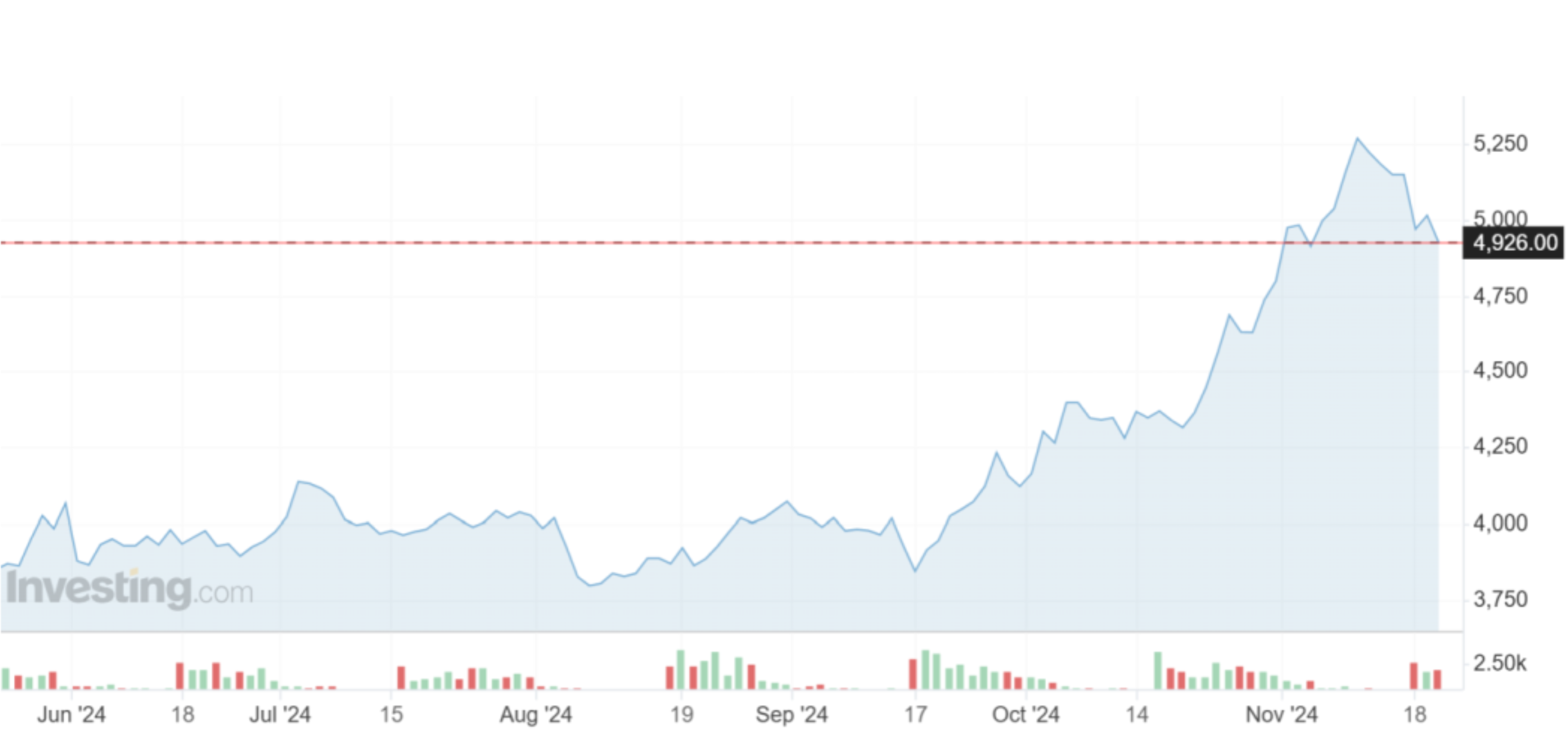
Created by Koon Yew Yin | Nov 22, 2024
All plantation companies are reporting better profit for the quarter ending September when CPO price was about RM 3,800 per ton.
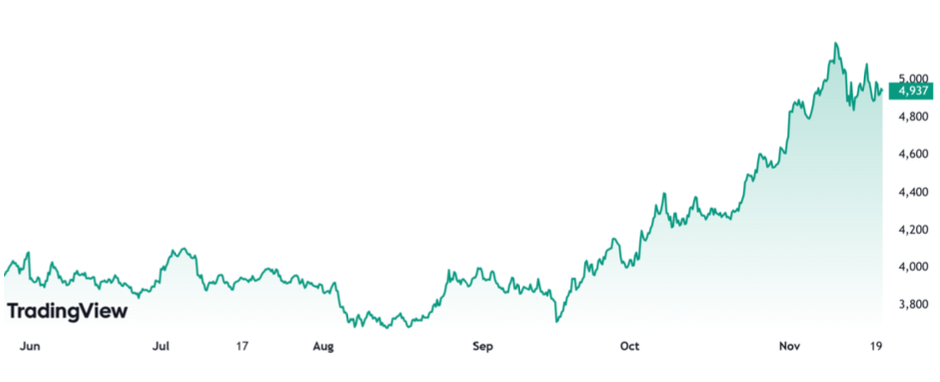
Created by Koon Yew Yin | Nov 21, 2024
Indonesia is the biggest palm oil producer in the world. Indonesia plans to implement biodiesel with a mandatory 40% blend of palm oil-based fuel from Jan. 1 next year, a senior energy ministry offici
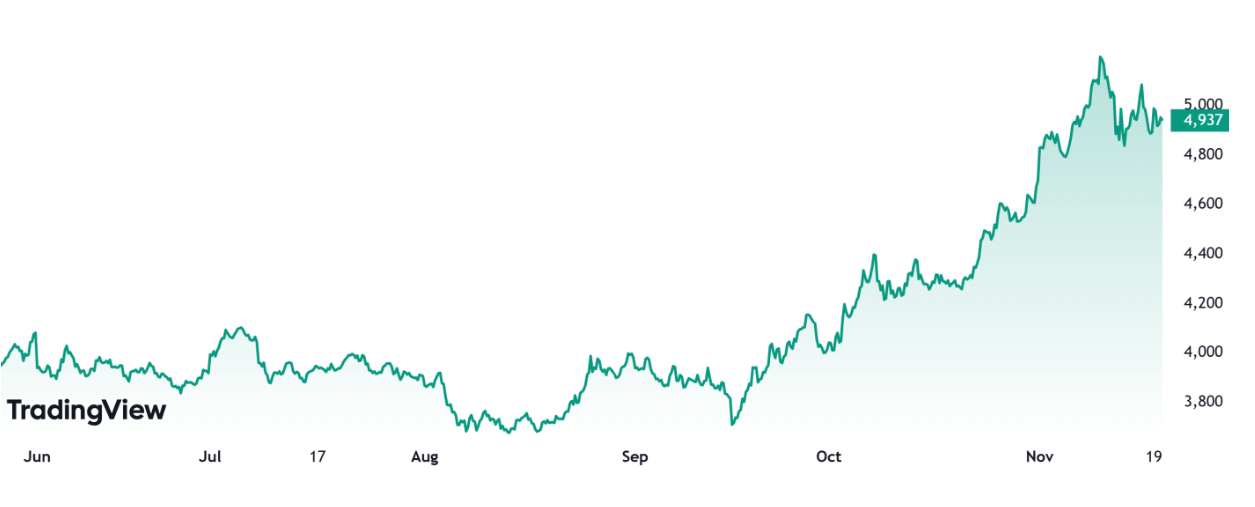
Created by Koon Yew Yin | Nov 20, 2024
Indonesia plans to implement biodiesel with a mandatory 40% blend of palm oil-based fuel from Jan. 1 next year, a senior energy ministry official said recently, lifting prices of the vegetable oil...
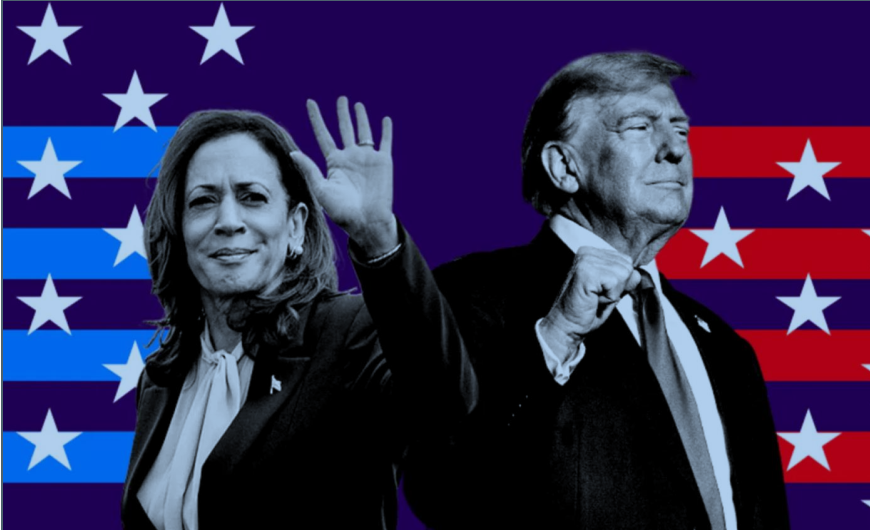
Created by Koon Yew Yin | Oct 30, 2024
Latest poll on 30th Oct 2024
Created by Koon Yew Yin | Oct 30, 2024
Latest poll on 30th Oct 2024
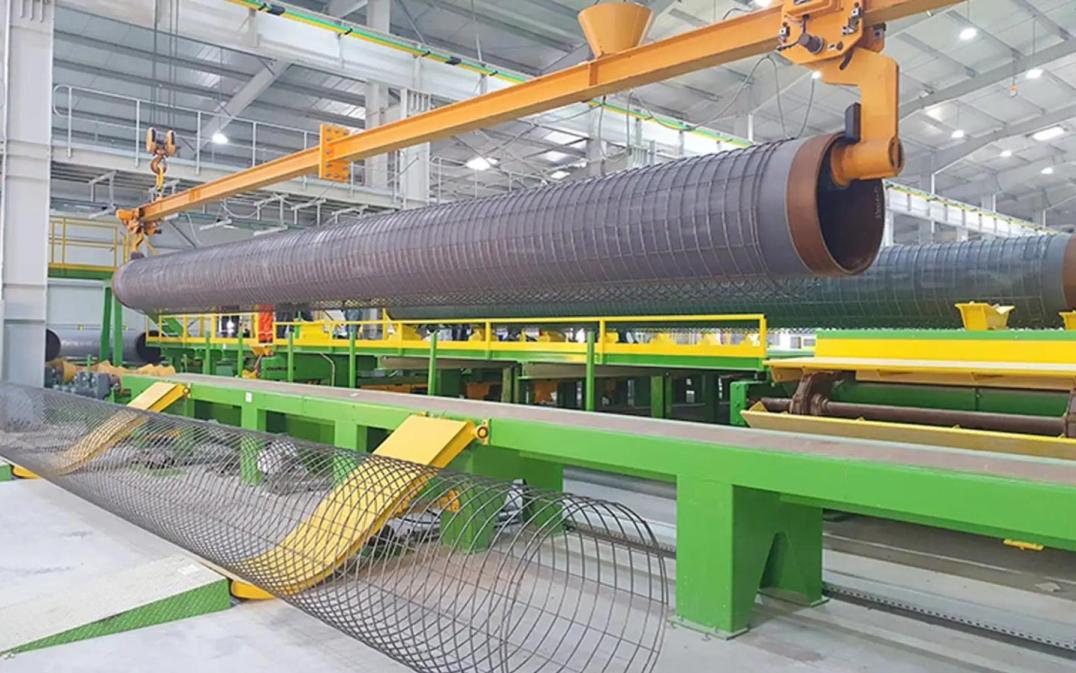
Created by Koon Yew Yin | Oct 25, 2024
The group is expected to deliver better profits and revenue from its pipe coating, engineering, and bioenergy segments.
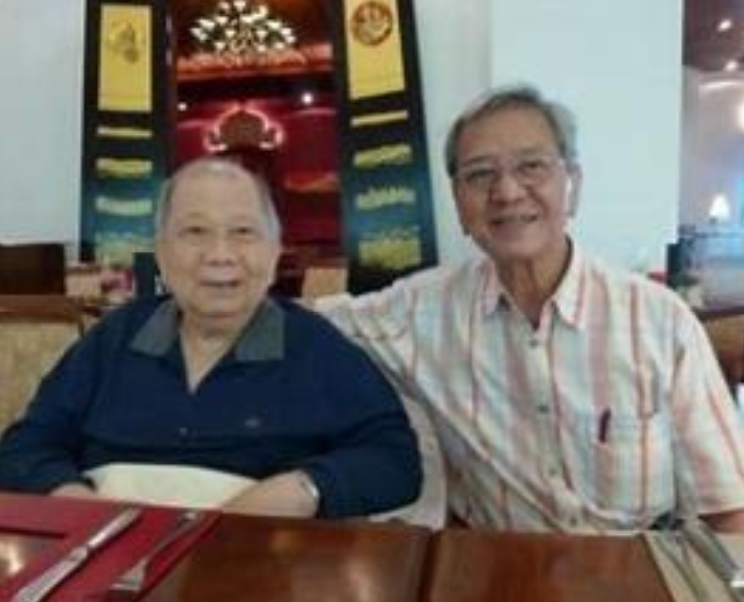
Created by Koon Yew Yin | Oct 14, 2024
Today I read the article by Murray Hunter titled “A Visit to the Malaysian Communist Party tunnels in Betong, Thailand”, which is an important part of Malaysia’s history.
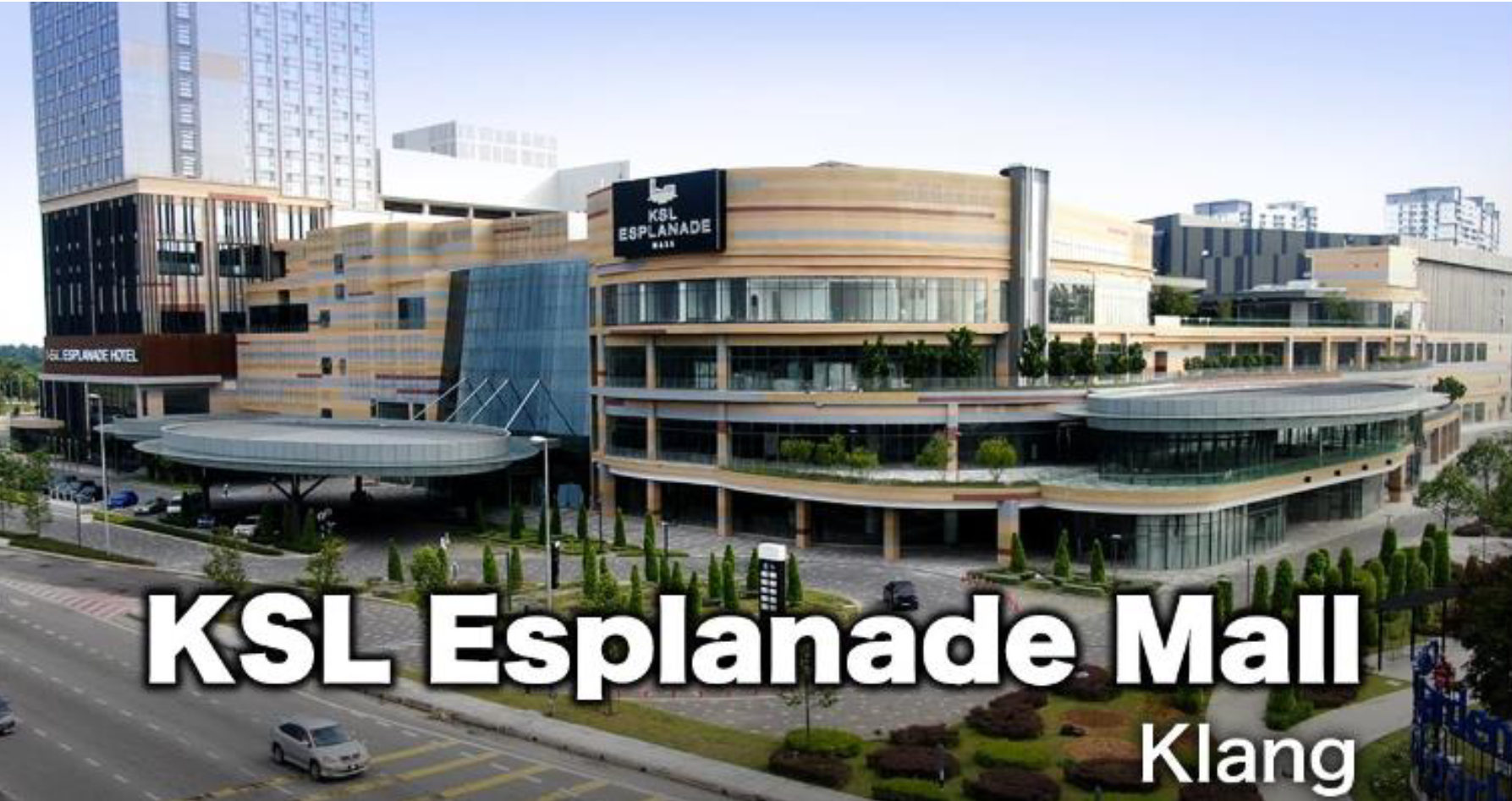
Created by Koon Yew Yin | Oct 04, 2024
KSL is still the cheapest based on a 4.4 PE ratio, which means its share price should continue to go up. Unfortunately, there are a few small investors who always queue to sell at cheaper prices...
Created by Koon Yew Yin | Oct 04, 2024
KSL is still the cheapest based on a 4.4 PE ratio, which means its share price should continue to go up. Unfortunately, there are a few small investors who always queue to sell at cheaper prices...
Created by Koon Yew Yin | Sep 06, 2024
Water pollution is a huge challenge for freshwater in the UK, impacting our rivers, streams, and lakes and the wildlife that call them home.


















